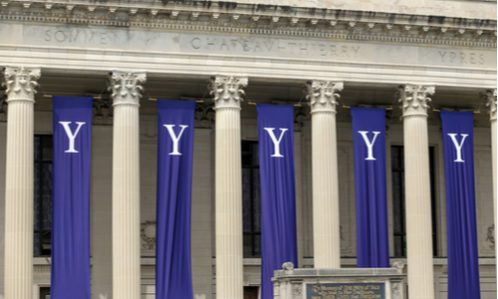According to the Wall Street Journal, top US universities, including Yale University, Georgetown University, and Northwestern University, are being sued for alleged antitrust violations because of the way they work together to determine financial-aid awards for students.
According to the suit filed in Illinois federal court late Sunday, January 9, by law firms representing five former students who attended some of the schools, the universities engaged in price fixing and unfairly limited aid by using a shared methodology to calculate applicants’ financial need. Schools are allowed under federal law to collaborate on their formulas, but only if they don’t consider applicants’ financial need in admissions decisions.
The suit alleges these schools do weigh candidates’ ability to pay in certain circumstances, and therefore shouldn’t be eligible for the antitrust exemption. The suit seeks damages and a permanent end to the schools’ collaboration in calculating financial need and awarding aid.
In addition to Yale, Georgetown, and Northwestern, other named defendants in the suit are: Brown University, the California Institute of Technology, the University of Chicago, Columbia University, Cornell University, Dartmouth College, Duke University, Emory University, the Massachusetts Institute of Technology, the University of Notre Dame, the University of Pennsylvania, Rice University, and Vanderbilt University.
Lawyers say more than 170,000 former undergraduate students who received partial financial aid at those schools going back up to 18 years could be eligible to join the suit as plaintiffs.
Want more news? Subscribe to CPI’s free daily newsletter for more headlines and updates on antitrust developments around the world.

